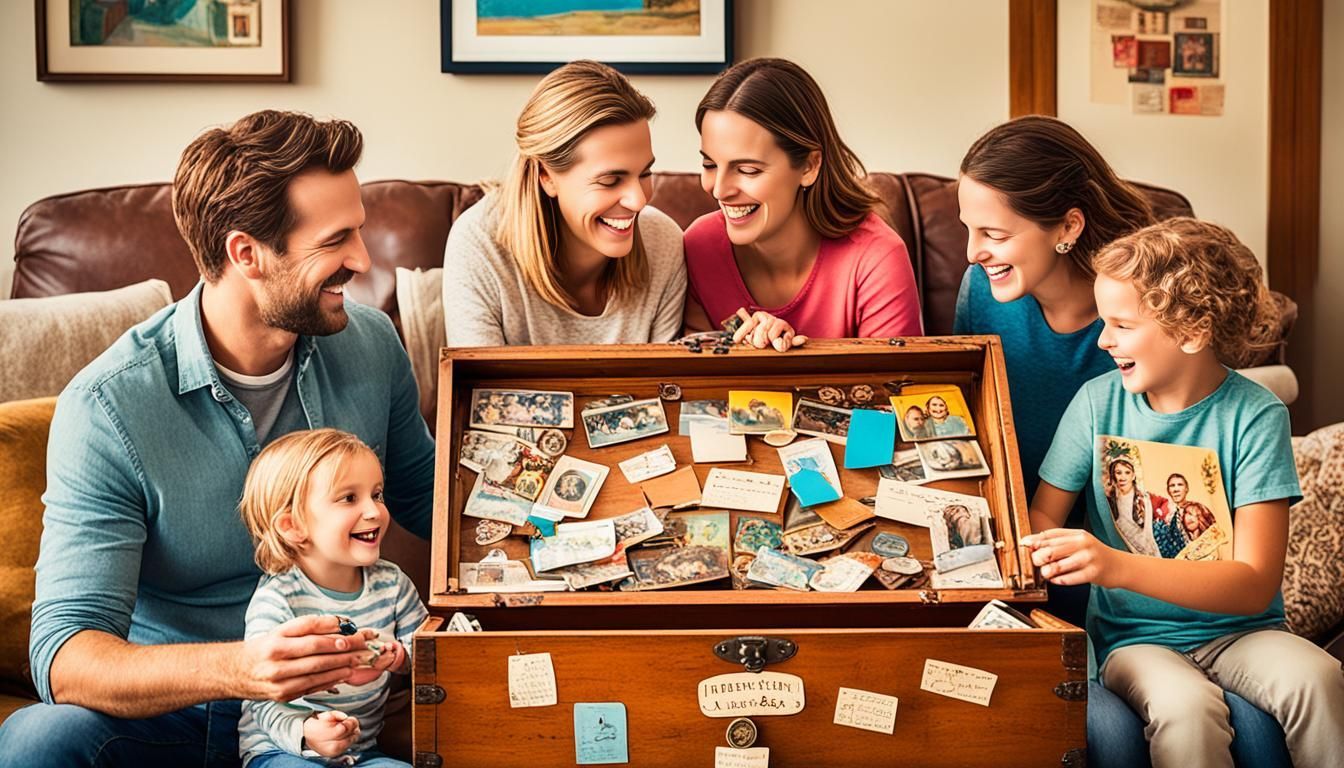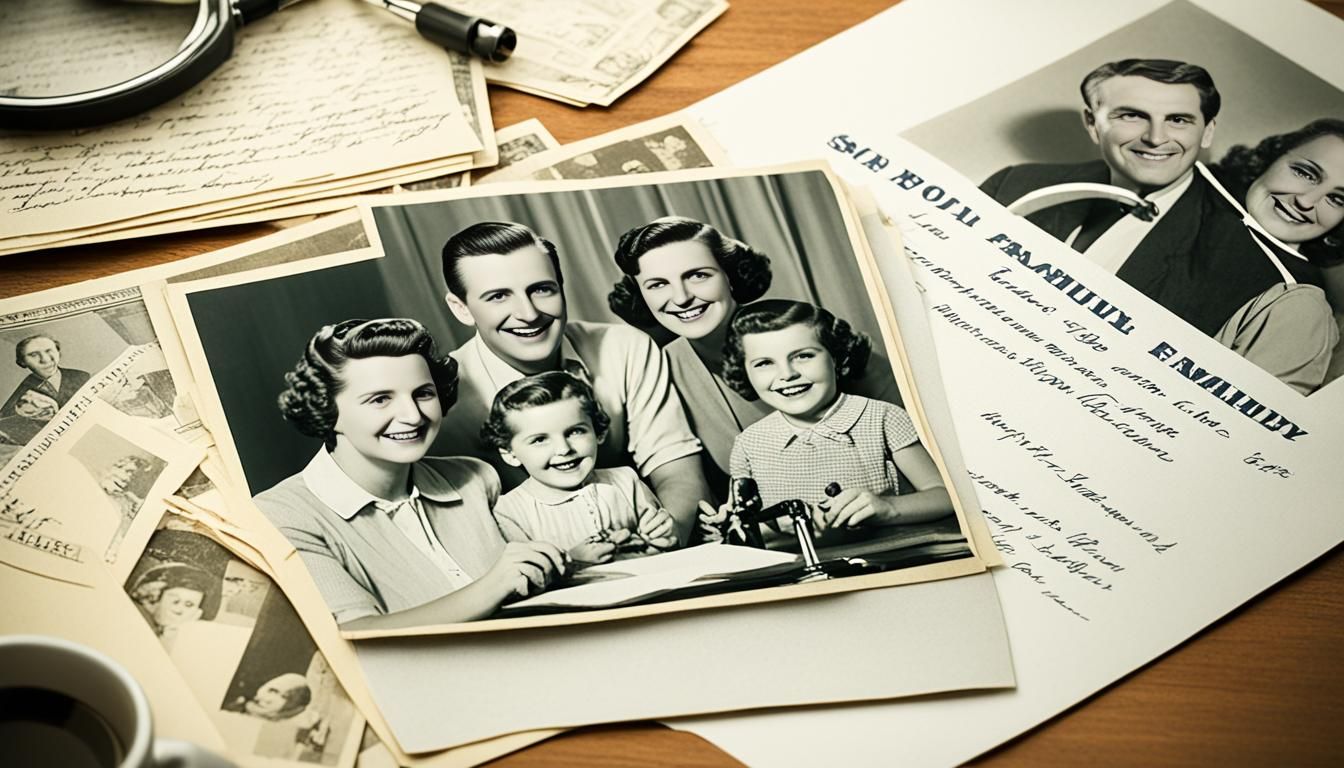Supporting Grief: How to Listen to Someone Who is Grieving
Supporting Grief: How to Listen to Someone Who is Grieving
Have you ever felt that saying "I'm here for you" isn't enough for someone in grief? The truth is, those deep moments of sadness bring a lot of emotions. These can range from guilt and despair to anger and fear. Many people who are grieving might not ask for help even though they are in a lot of pain inside.
At Miller Funeral Home in Edenton , North Carolina, we believe that empathy goes beyond words. It's about being there and listening with care. We make sure the bereaved feel seen and understood. This can mean sending flowers, planting a tree, subscribing to obituary alerts, or just listening. We aim to be a strong pillar of support.
Grieving is a very personal journey with no set time for healing. Our community in Edenton trusts us to offer ongoing support. Everyone grieves differently, so we tailor our support to meet these unique needs.
Key Takeaways
- Grief can take 18 to 24 months for many people to process.
- Emotions such as guilt, anger, despair, and fear are common during grief.
- Practical assistance is often needed but may be difficult for grieving individuals to request.
- Continued support is essential, lasting several months to years beyond the funeral.
- Approximately 70-80% of bereaved individuals seek support from family, friends, or counselors.
- Active listening and being present can significantly improve the support felt by a grieving person.
- Empathetic listening techniques foster deeper connections and emotional support.
Understanding the Grieving Process
Grieving is a very personal and unpredictable experience. Everyone feels grief differently, and there's no right way to deal with it. At Miller Funeral Home , we believe it's important to accept all feelings during this time. We don't set any timelines or expect specific reactions. Teaching our community about understanding grief and loss highlights that each grief experience is unique.
Individual Responses to Grief
How people react to grief varies greatly. It can depend on their relationship with the lost one, their culture, and other stresses in life. Some might start to feel better in 18 to 24 months, but for others, it might take longer. It's crucial to understand that grief doesn't move in a straight line. People can feel anger, guilt, despair, or fear with intense emotions and actions.
Common Emotions During Grief
The emotions felt during grief are complex. They can include shock, disbelief, and anger, or lead to crying, confusion, and depression. Feeling frustrated or helpless is common, as is the wish to bring the lost one back. It’s important to listen with empathy. We can help those grieving feel heard and supported without needing the perfect words.
Practical Ways to Offer Support
It's key to provide emotional support for the grieving which might be needed for months or years. Helping with chores like mowing or cooking can be a big help. It might be hard for them to ask for help because they don't want to be a burden. Encouraging them to write letters to their loved one or to journal can help too. At Miller Funeral Home , we're committed to offering long-term support, not just right after the loss.
| Grief Duration | Potential Emotions | Supportive Actions |
|---|---|---|
| 18-24 months | Despair, Frustration, Helplessness | Offering Practical Help, Listening Without Judgment |
| Longer Periods | Shock, Disbelief, Anger | Providing Concrete Suggestions, Encouraging Expression |
At Miller Funeral Home, we aim to provide full funeral home services. We help with both the practical and emotional sides of grieving. Our goal is to make sure people feel supported and understood as they go through their personal journeys of grief.
How to Listen to Someone Who is Grieving
Helping someone who is grieving needs patience, empathy, and true willingness to be there. At Miller Funeral Home, we think being able to listen well and with heart is key to giving real comfort.
Empathetic Listening Skills
When you are there for those in grief, empathetic listening is critical. This means being present without trying to fix things or cutting them off. Being quietly supportive lets the grieving person know they're heard. Saying things like "I understand" or "That must be really hard" helps a lot. Often, people need to talk about their loss more than once to fully process it.
Communicating with a Grieving Person
Talking to someone grieving is more than just words. It's about feeling their emotional state and recognizing their feelings without judging. Grief includes tough emotions like guilt, anger, and despair. It's important to let the bereaved share openly. Letting them talk freely aids in healing.
Providing a Safe Emotional Space
Making a safe emotional space is crucial for those in grief. Grieving has no strict schedule, and pushing someone to get over it can harm their recovery. Miller Funeral Home stands for patience and understanding. Helping with everyday things can also lessen their load and ease their grief journey. Studies show that social support is key in dealing with grief. It helps to offer a steady source of comfort and stability.
Joining bereavement support groups is something we recommend. In these groups, people can share and listen to others' experiences. This can be healing and positive. Such communities offer reassurance and hope in tough times.
Conclusion
As we conclude, it's key to emphasize staying there for a friend who is grieving. Grief often lasts much longer than we expect, needing our support and check-ins to help heal. At Miller Funeral Home, our commitment to the Edenton community goes beyond funeral services, offering kind and caring support always.
Comforting someone in sorrow doesn’t always need the right words. Just being there, either in person or in thought, means a lot. Advice on helping someone who is grieving suggests simple phrases like "I'm here for you" can really help. It's important to avoid saying things like "she is in a better place," as it might hurt more.
Laurie Kilmartin, an author and comedian, talks about how empty death clichés can feel. We aim to offer real comfort and support. Instead of saying "let me know if you need anything," it's better to give specific help, such as doing errands or just listening. This follows the wisdom found in 7 memoirs about loss, highlighting actions over words. Here are some memories and strategies on comforting.
Miller Funeral Home's aftercare services focus on continuing support for those left behind. We engage with the community to ensure no one feels alone in their grief. By teaching others how to support and by offering our services, we help create a caring space. Here, people can grieve and find ways to move forward in their loss journey.
FAQ
How can I support a grieving friend?
To help a grieving friend, listen with empathy, and don't give advice unless they ask for it. Validate their feelings, instead. Sending flowers, helping out, or just being there can comfort them. Miller Funeral Home suggests being there for them steadily, to avoid them feeling alone.
What are some practical ways to offer support during grief?
You can help by doing everyday tasks like shopping or helping with funeral plans. It helps them by taking off some stress, giving them space to heal. Miller Funeral Home is here to guide Edenton’s residents in giving thoughtful, caring support.
What is empathetic listening and how do I practice it?
Empathetic listening involves paying full attention and not judging. You reflect their feelings by saying things like "I understand." Miller Funeral Home teaches this skill to help people who are grieving, showing that being there is a powerful form of support.
How can I communicate effectively with someone who is grieving?
Let them share their feelings freely. Don't offer advice unless they ask. Show you're listening and that you care with statements like "I'm here for you." Miller Funeral Home encourages open and supportive talks in our community, helping everyone feel understood.
Why is it important to provide a safe emotional space for the bereaved?
A safe space lets a person grieving express themselves without fear of judgment. It validates their feelings, helping them accept what they're going through. Miller Funeral Home stresses creating a setting where people feel listened to, safe, and supported while they grieve.
What are common emotions during the grieving process?
Grieving can cause feelings like sadness, anger, guilt, despair, and fear. It's important to know these reactions are normal. At Miller Funeral Home, we support everyone’s unique journey through grief, acknowledging all their emotions during this time.
Why is ongoing support critical during bereavement?
The need for support doesn't end right after a loss. Continuous, compassionate support helps healing. Miller Funeral Home in North Carolina commits to offering this ongoing care. We ensure no one in our Edenton community has to grieve by themselves.
Source Links
- https://www.helpguide.org/articles/grief/helping-someone-who-is-grieving.htm
- https://www.grievewell.com/for-young-adults/how-to-be-an-active-listener-for-someone-in-grief/
- https://konantzwarden.com/17/How-to-Help-Someone-who-is-Grieving.html
- https://www.hrrv.org/blog/10-ways-to-help-a-grieving-friend/
- https://mccabebrothers.com/13/How-to-Help-Someone-who-is-Grieving.html
- https://www.epionemd.com/what-to-say-to-someone-who-is-grieving-and-how-to-listen/
- https://www.lensofjen.org/how-to-comfort-someone-who-lost-a-loved-one/










